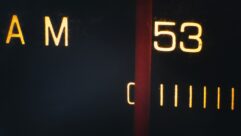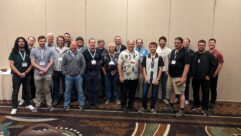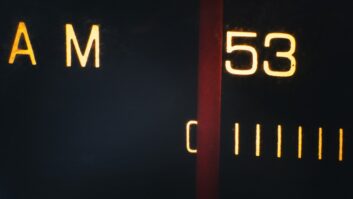The Federal Communications Commission is taking a close look at whether it will renew the licenses of two Virginia AM stations that allegedly remained silent for most of their license terms.
To do so, the FCC is setting up a Hearing Designation Order to determine whether the applications by Birach Broadcasting Corp. should be granted. This recently approved expediting hearing process, the FCC said in a release this week, helps speed the process of determining whether a licensee is making efficient use of spectrum in cases where license renewal involves a station with an extended history of silence.
In its order, the FCC reminded Birach that a license comes with an obligation to serve its community, to provide responsive local programming and be able to transmit national-level EAS alerts when needed. If a station fails to transmit a broadcast signal for a consecutive 12-month period, it will see its license automatically expire; but some licensees, the FCC said, have in the past adopted a practice of resuming operation only for a short period of time in an effort to mitigate that automatic expiration.
“These practices raise a question as to whether the licenses for such stations should be renewed pursuant to Section 309(k) of the act,” the FCC said. “When past performance is in conflict with the public interest, a very heavy burden rests on the renewal applicant to show how a renewal can be reconciled with the public interest.”
In the case of WBVA(AM) in Bayside, Va., the FCC alleges the station operated for 54 days out of the 1,225 days in its original license term; and it said WVAB(AM) in Virginia Beach operated only 48 days of 1,231.
The stations are collocated Class C stations with similar operational histories, though WBVA operated with a power level of 30 W, while WVAB operated with 6 W of power. The FCC said these levels allow the stations to only serve a small portion of their communities of license.
This hearing will be of the paper kind, the FCC said, rather than a trial-type evidentiary hearing. Birach has 30 days to submit records like station logs, quarterly issues, program lists and EAS participant records. The licensee then has 60 days to submit formal arguments and evidence via a written declaration.










